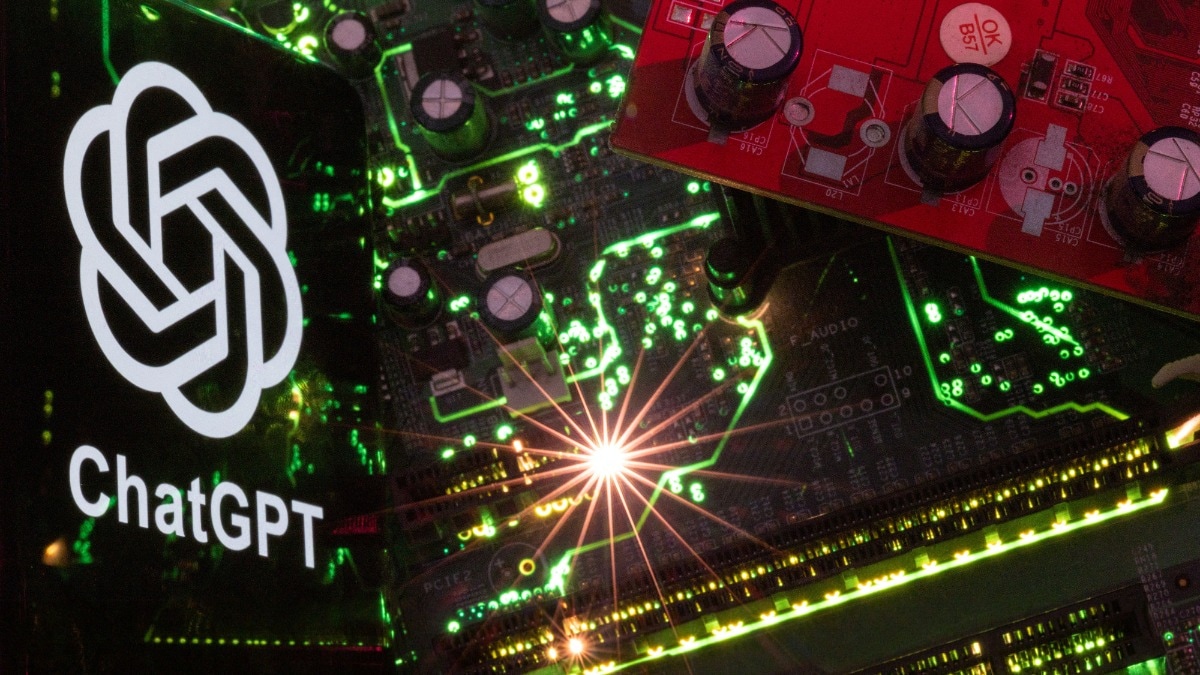The European Union needs to speed up work on artificial intelligence (AI) regulation, Commission vice president Margrethe Vestager said Monday, as policymakers wrestle with the risks from the emergent technology.
“There is no time to waste” on passing rules to control the use of AI, Vestager told reporters in Berlin.
The European Commission put forward regulatory proposals in early 2021, but progress on the legislation has been slow.
EU member states set out their views on the Commission’s ideas at the end of 2022, while MEPs will put the matter to an initial vote in committee in Strasbourg on Thursday.
The Parliament’s opinion should be confirmed in a plenary vote in June, before negotiations between the EU’s institutions begin in earnest.
“What I think is important is speed. We really need our legislation to get in place,” Vestager said.
“I really hope that we can have the first meeting of the political negotiation before summer so that we can end it this year.”
The arrival of new AI tools such as ChatGPT has reinvigorated the debate over regulation and spurred a response from governments.
ChatGPT can generate essays, poems and conversations from the briefest of prompts, and has proved itself capable of passing some tough exams.
But it has been dogged by concerns that its abilities could lead to widespread cheating in schools or supercharge disinformation on the web.
The chatbot can only function if it is trained on vast datasets, raising concerns about where its maker OpenAI gets its data and how that information is handled.
Italy temporarily banned the programme in March over allegations its data-gathering broke privacy laws, while French and German regulators have opened their own probes.
“When it comes to artificial intelligence like ChatGPT it will also be caught by the (EU’s) AI Act,” Vestager said.
The proposed legislation is “future proof” because it targets the uses of AI, not the specific technologies behind it, Vestager said.
The EU’s draft rules outlaw certain uses such as “generalised surveillance”, while companies must authorise themselves for other “high-risk” uses, such as facial recognition.
(This story has not been edited by NDTV staff and is auto-generated from a syndicated feed.)



